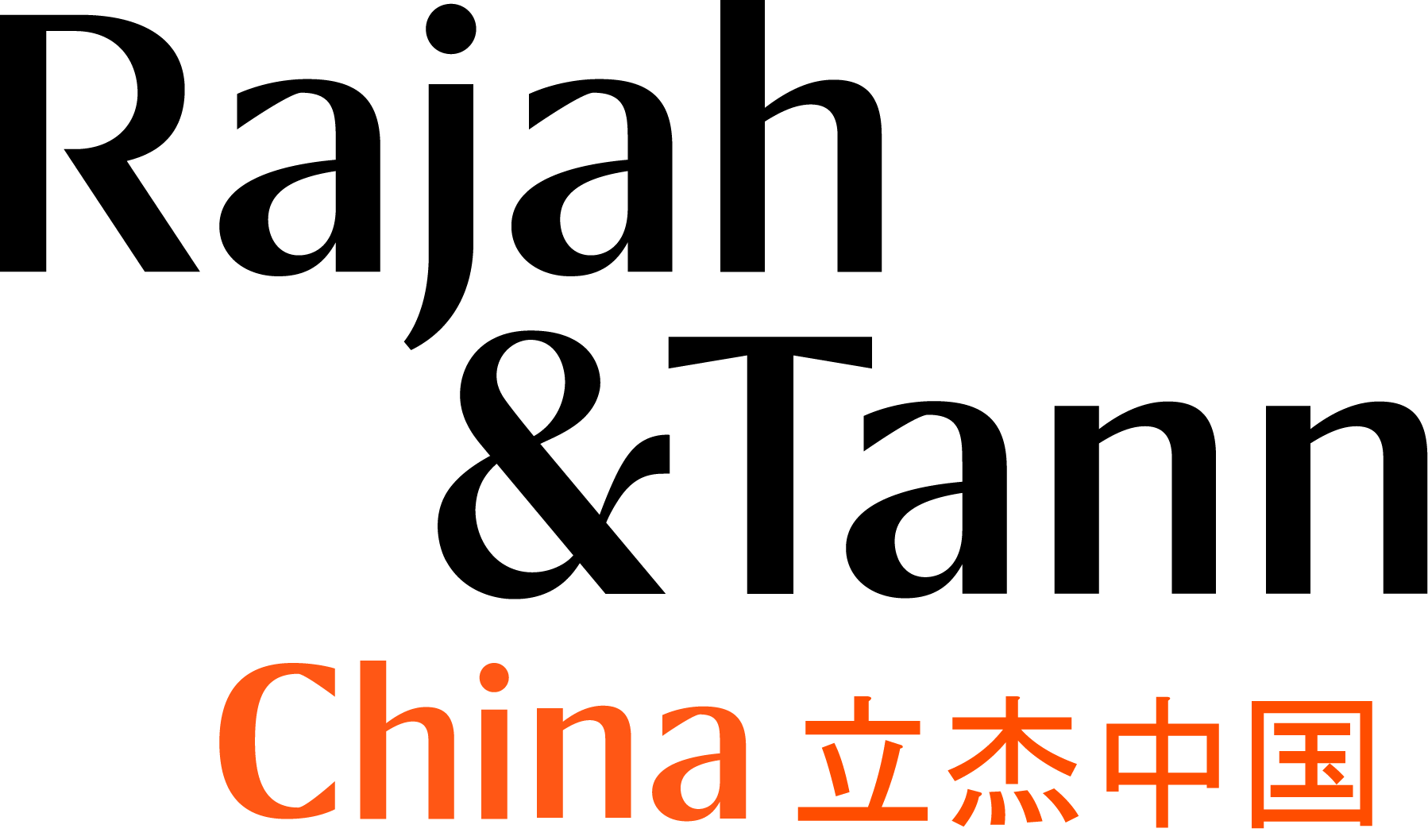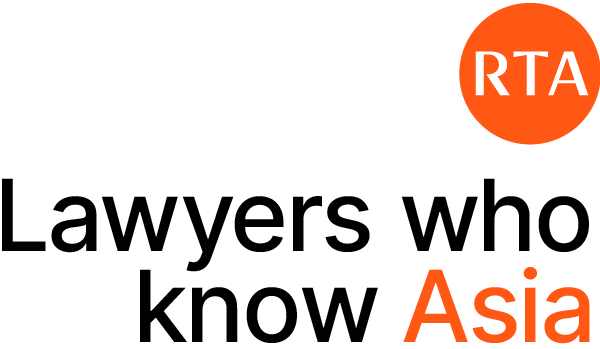前言
2025年9月9日,《酒精饮料管制法案(第2号)》(佛历2568年)(简称“《ABCA修订案》”)正式刊登于皇家公报。该修订案自公布之日起60天后生效,即2025年11月8日。
本次简报概述了《ABCA修订案》的修订内容,重点关注拟议新增的广告条款及其对企业的影响。
《ABCA修订案》概述
《ABCA修订案》修改了多项关键定义,包括对“营销传播”的定义,并引入了新的定义,例如“存在酒精相关问题的人士”和“传统仪式宴会”。
此外,《ABCA修订案》修改了关于各委员会结构和权限的相关条款,包括:
- 国家酒精政策委员会;
- 酒精管制委员会;
- 主管部长的权力;以及
- 酒精管制委员会办公室和主管官员的职责。
另外,《ABCA修订案》还引入了管理酒精饮料管制、广告(特别是第4/1章)的措施,以及对酗酒或因饮酒而出现问题的个人的治疗康复的促进与支持。
此外,ABCA修订案增加了第6/1章,规定了“Pinai监管罚款措施”的实施。[1].
关于广告的拟议补充规定
《ABCA修订案》对酒精饮料的广告和促销提出了重大限制规定(“拟议的广告附加规定”),具体如下:
- 第32/1条:禁止发布酒精饮料广告,除非该广告传达有关酒精饮料的事实信息、教育内容或公共交流,且遵守部长规定的条件。
- 第32/2条:禁止名人、有影响力人士或其他知名人士通过展示酒精饮料的名称或商标来代言或推广酒精饮料,以获取商业利益。在特定群体内,出于学术目的,可享受有限例外,但须遵守部长规定的条件。
- 第32/3条:禁止间接性广告,包括在非酒精产品上使用酒精品牌名称、标识或符号(通常称为“替代品牌”),此类使用可能被合理地视为推广酒精饮料。
- 第32/4条:除非符合部长规定的条件,否则公司或任何个人不得以促进酒精消费的方式赞助或支持任何社交或公共活动。
- 第32/5条:发布或宣传第32/4条禁止的活动也是被禁止的。
尽管拟议的广告补充条款似乎对所有与推广酒精饮料有关的活动实施了广泛的禁止,但对于每项活动在多大程度上被视为构成“推广酒精饮料”,仍然存在解释的余地。
特别是关于替代品牌,在通过司法解释或设定明确界限的附属法规提供进一步的明确规定之前,现在就断定将完全禁止此类做法还为时过早。
对于企业的关键要点
《ABCA修订案》标志着泰国对酒精类饮品营销的监管将更加严格。尽管某些条款仍留有解释性澄清的空间,但酒类行业的企业及其合作伙伴(例如通过活动、赞助或跨品牌合作)应立即重新评估其广告、促销和企业社会责任活动。
主动审查和更新内部政策和程序对于应对《ABCA修订案》生效后潜在的合规义务和最大限度地降低法律风险至关重要。
完整公告(泰语版本)可在此处查阅。
您可在此处查看此次更新的英文版本。
撰稿参与
此简报由上述合伙人撰写,并由高级律师Benjarong Roongmaneekul、律师Nicharee Srikongrak以及律师Nathathida Puthiburanawat协助撰写。
__________________________________
[1] Pinai监管罚款措施是指主管部门对不遵守《酒精饮料管制法案》的行为处以的行政罚款,与刑事处罚无关,旨在提高执法效率并震慑违法行为。有关Pinai监管罚款措施的详情载于《监管罚款实施法案》(佛历2565年(2022年))。
Disclaimer
Rajah & Tann Asia is a network of member firms with local legal practices in Cambodia, Indonesia, Lao PDR, Malaysia, Myanmar, the Philippines, Singapore, Thailand and Vietnam. Our Asian network also includes our regional office in China as well as regional desks focused on Brunei, Japan and South Asia. Member firms are independently constituted and regulated in accordance with relevant local requirements.
The contents of this publication are owned by Rajah & Tann Asia together with each of its member firms and are subject to all relevant protection (including but not limited to copyright protection) under the laws of each of the countries where the member firm operates and, through international treaties, other countries. No part of this publication may be reproduced, licensed, sold, published, transmitted, modified, adapted, publicly displayed, broadcast (including storage in any medium by electronic means whether or not transiently for any purpose save as permitted herein) without the prior written permission of Rajah & Tann Asia or its respective member firms.
Please note also that whilst the information in this publication is correct to the best of our knowledge and belief at the time of writing, it is only intended to provide a general guide to the subject matter and should not be treated as legal advice or a substitute for specific professional advice for any particular course of action as such information may not suit your specific business and operational requirements. You should seek legal advice for your specific situation. In addition, the information in this publication does not create any relationship, whether legally binding or otherwise. Rajah & Tann Asia and its member firms do not accept, and fully disclaim, responsibility for any loss or damage which may result from accessing or relying on the information in this publication.








